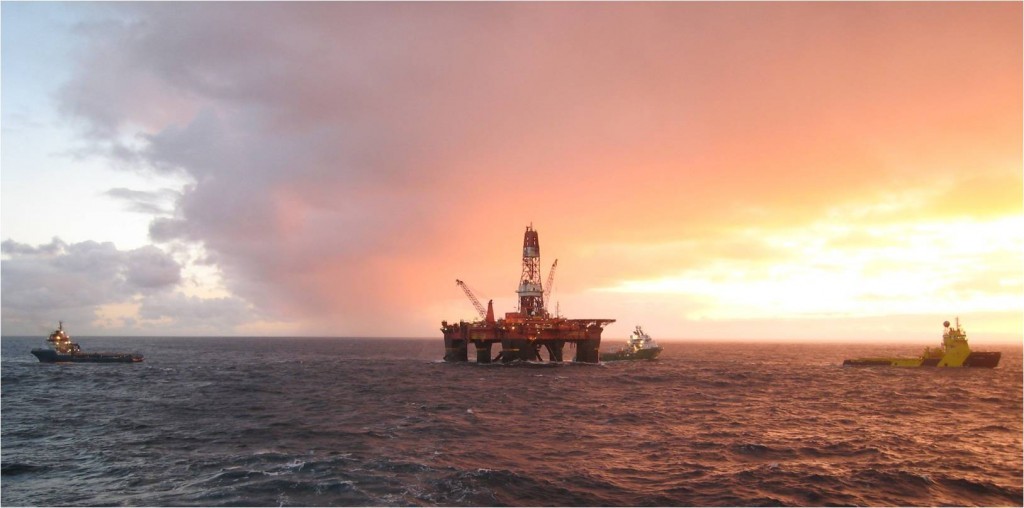
There is no question about it, we’re in the middle of a significant shift in culture. And it needed to happen. There are few positives to come from low oil prices, but we must take what we can from the predicament we find ourselves in. The industry must come out of this fitter and stronger. We must not waste the crisis.
As an industry we’d become somewhat parasitic, living off high oil prices, sitting back and failing to truly innovate. Now, rather than stargazing and trying to predict when the price of oil will return us to better times, we need to focus on embracing the fundamental cultural shift that is essential for the future of our industry.
Cost cutting has manifested itself in the loss of talented and experienced people. The engineers that remain want to solve problems and produce brilliant and efficient solutions, yet we waste this talent by consistently asking them to re-invent the wheel.
What I mean by this, is that instead of starting every project from scratch, we should be working together to agree and develop standard designs, thus reducing engineering review and design time alongside unnecessary paperwork. This will then allow our engineers to focus on where they will make the most difference to a business rather than fix a problem they have seen many times before.
Furthermore, we need to be more innovative, seek to collaborate and accept new ways of working. Only then will we be able to find solutions that are more efficient, that will benefit everyone and provide much higher savings. Remember, a truly innovative solution won’t necessarily have an installed base. That’s why it is innovative.
We recently completed a piece of work with a major operator that ensured the compliance of Thermowells – which protect measurement instruments and are vital to safety and pipeline management – across all its sites. By putting in place standard equipment, we were able to reduce the number of procedures and drawing templates, cutting the engineering review and procurement process and associated costs by 62 per cent. When we identify efficiencies in regular ongoing work like this, the savings can quickly accumulate.
If the industry is going to turn a corner and emerge out of the current turmoil in better shape, we need to take a stand against inefficiency and work together to tackle wasted resources. In practice what this means is experts speaking to experts. That’s how collaboration and innovation will take shape to help ensure we take this opportunity and don’t waste this crisis.
Martin Kerlin is the oil and gas director of Scottish instrumentation engineering firm JWF.
Recommended for you
